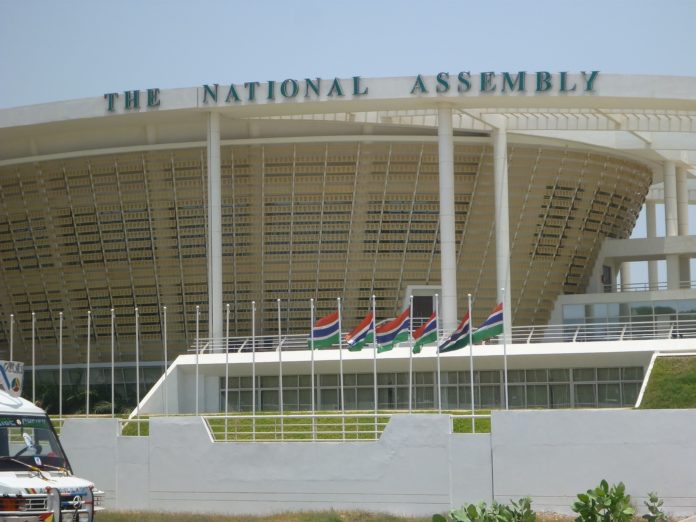The National Assembly has powers to pass Bills and motions or reject them. Its committees can investigate any matter and can gather evidence from any person on any matter. The National Assembly has oversight powers and even impeachment powers. The exercise of these powers depends on the unity of the majority of the National Assembly members.
Amendment to the Constitution however, has created a situation where the National Assembly could act only by provoking a constitutional crisis. It is therefore important for constitutional experts to examine where the powers of the National Assembly lie and how far it can go in controlling the executive. As Gambia struggles to craft a new Constitution, build new institutions, conduct electoral reform and prepare a new generation for participation in the electoral process, it is absolutely necessary to build a consensus on what is the most appropriate conduct of parliamentarians. Is it to promote a constitutional crisis or manage a transition to achieve the reform of constitution, electoral system, institutions and mindset?
The debate on the type of National Assembly we want should now begin.

















